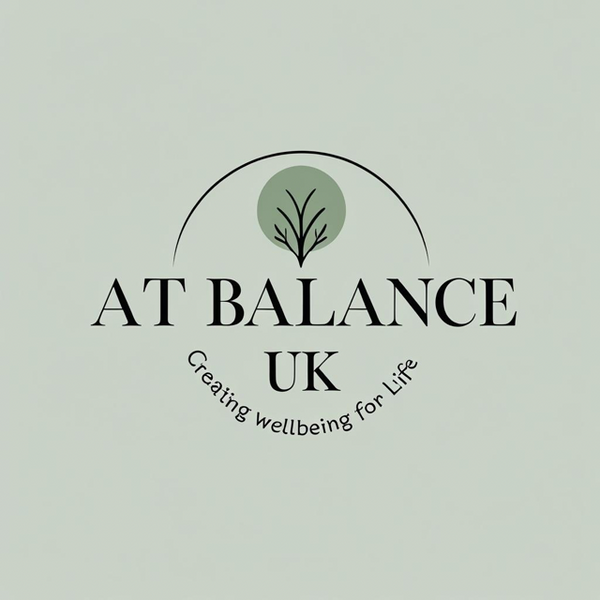
New Beginnings
The end of summer always arrives quietly. Evenings grow cooler, shadows stretch longer, and the soundscape shifts. It’s a season of transition, where the vibrancy of summer gives way to the steadiness of autumn. While natural, this shift often stirs mixed emotions: excitement for what’s ahead, some sadness for what’s ending, and sometimes, anxiety about what lies beyond the unknown.
Summer often feels like a time of light and carefreeness that holds possibility. Its end can feel like a loss. But endings are rarely final; they are opportunities. The end of summer is more about stepping into new beginnings. Schools reopen, universities welcome new and old students, workplaces reset after holidays. Life takes on a new rhythm. And in that rhythm lies both challenge and opportunity.
Change is the fundamental part of this moment. For some students, it’s about new classes, making new friends, and new opportunities to learn and develop their ideas. For others it may be renewed energy at work or a shift in priorities. Parents adjust their routines to meet the needs of the new seasons. This universal rhythm makes the end of summer unique: we all feel it in some way, as we anticipate what’s next. Change, even when it is positive, can sometimes fuel anxiety. One reason for this is that our brains crave stability; uncertainty can create worry and this is natural
In fact, the same sensations that signal fear—racing heart, butterflies, restless energy—can also be a sign of excitement. Learning to see them as readiness instead of a threat is key. It’s easy to think excitement and worry are opposites, but they often coexist. Anxiety signals care. Nervousness on the first day of class or at a new job is the same energy that becomes joy once friendships form or progress is made. By reframing anxiety as a natural part of growth, we can approach change with greater self-compassion.
Anxiety is often energy without direction. Once harnessed, it can become fuel for achievement. The nerves before a presentation sharpen focus once you begin. The unease of starting something new can often become pride in your accomplishments. Instead of resisting uncertainty, shift your mindset from fear to curiosity—and curiosity is the foundation of growth.
As daylight hours shorten, your body produces more melatonin and less serotonin, which can affect mood and energy levels. This is one reason autumn often feels calmer or more introspective. Scientists call this a circadian rhythm shift, and it’s perfectly natural. Understanding these changes helps us show self-compassion during seasonal transitions
Humans have long marked seasonal changes with rituals harvest festivals, family gatherings, and reflective practices. These customs served as anchors during uncertain times. Today, creating your own seasonal rituals such as lighting a candle in the evening or enjoying a special family meal can provide the same sense of grounding.
Beyond routines, add activities that nurture body and mind: mindful walks in nature, cooking with seasonal produce like pumpkins and apples, or starting a gratitude journal. These small actions connect you to the rhythm of the season while boosting mental wellbeing.
Autumn pulls us inward, toward structure and reflection. This rhythm is mirrored in nature. Trees let go of their leaves not as loss, but as preparation for renewal. Similarly, we can view this transition as a shift into focus, steadiness, and growth. Navigating transition isn’t about eliminating uncertainty; it’s about grounding yourself as you move through it.
Wellbeing Tips
Acknowledge Your Feelings
Don’t dismiss your anxiety if you feel it—recognise it and own it. Nothing is wrong with expressing that you feel nervous. It can help you create a space between you and the feeling, making it easier to manage.
Build Steady Routines
Develop regular routines such as a morning walk, reading at a regular time, or having a special meal day as a treat during the week. These small practices help create stability.
Stay Connected
This is important. Talking through change reminds you that you’re not alone, so connect with people who understand what you’re going through.
Focus on Growth, Not Perfection
Progress matters more than perfection. Stay in your lane and tick to your tock.
Carry Summer’s Good Memories into Autumn
Keep the lessons of summer rest, play, and connection alive in your autumn routines. They help sustain wellbeing when life gets harder and you need some good to remember during the colder months. The end of summer mirrors life itself: it reminds us that change is constant, uncertainty is inevitable, and growth is possible when we meet these moments with openness. Anxiety is not a signal to stop it’s a sign you’re growing.
With care and a focus on wellbeing, this transition can be more than manageable. It can be transformative. The end of summer isn’t the end of possibility it’s the start of it.
Sources
American Psychological Association. (2023). Coping with Change. Retrieved from https://www.apa.org/topics/behavioral-health/change
National Institute of Mental Health. (2023). 5 Things You Should Know About Stress. Retrieved from https://www.nimh.nih.gov/health/publications/stress
National Geographic. (2023). Why Do Leaves Change Colour?. Retrieved from https://www.nationalgeographic.com/environment/article/why-do-leaves-change-color
